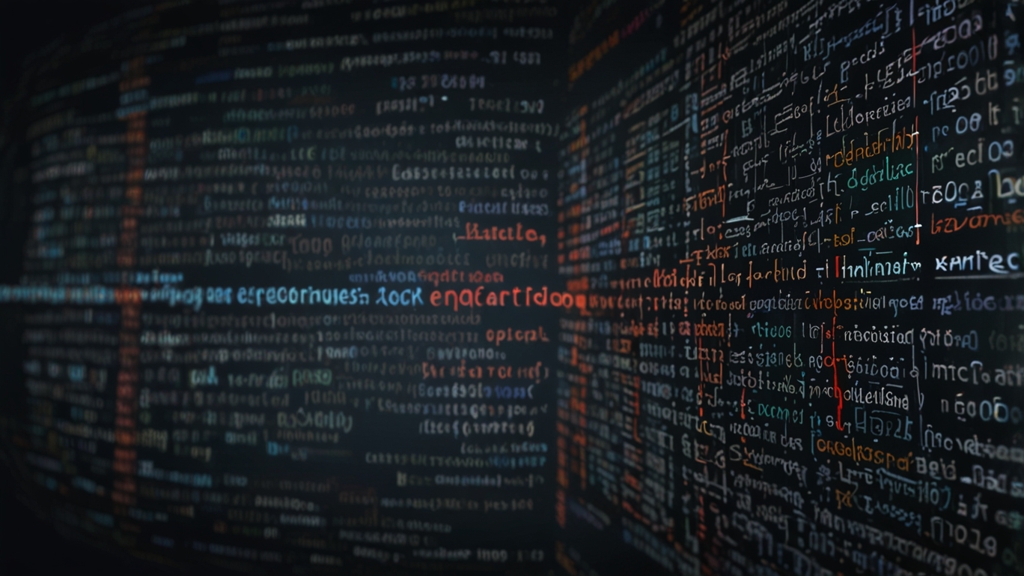Decoding Prophecies: A Guide to Understanding Their True Meaning
Prophecies have fascinated humanity for centuries, offering glimpses into potential futures and hidden truths. Whether they emerge from ancient scripts, religious texts, or mystical seers, prophecies can be cryptic and require careful interpretation. This article delves into the process of decoding prophecies, providing a guide to understanding their true meaning.
The Nature of Prophecies
Prophecies are messages purported to come from a divine source, foretelling events or revealing divine will. They often use symbolic language, metaphors, and other literary devices, which can make them challenging to decode. Importantly, prophecies should not be viewed as fixed predictions but as insights that may offer guidance or warnings.
Historical Context
Understanding the historical and cultural context in which a prophecy was made is crucial. Prophecies are often deeply embedded in the culture, politics, and worldviews of their time. For instance, many biblical prophecies are rooted in the socio-political landscape of ancient Israel and its neighbors.
"A prophecy without its historical context is like a ship without a rudder – adrift and open to misinterpretation."
Researching the period of the prophecy's origin can provide insights into the metaphors and references used, allowing for a more accurate interpretation.
Symbolism and Metaphor
Prophecies frequently employ rich symbolism and metaphor. Understanding these symbols requires a combination of linguistic expertise, cultural literacy, and sometimes spiritual insight. For example, animals like lions or eagles often symbolize power and swiftness, respectively, in various prophetic texts.
It's beneficial to consult scholarly works and interpretations that have studied the symbolism used in specific prophecies. Comparing symbols across different cultures and time periods can also provide deeper comprehension.
"Symbols in prophecies are like keys to a locked door, where each key opens a different aspect of understanding."
Interpretation Traditions
Different religious and philosophical traditions have their own methods of interpreting prophecies. For instance, the Jewish, Christian, and Islamic traditions each have unique perspectives and commentaries on biblical prophecies. Understanding these various traditions can shed light on diverse interpretations and reveal deeper layers of meaning.
Studying the interpretative approaches of these traditions, from the Midrash and Talmudic interpretations in Judaism to the church fathers in Christianity, can provide a wealth of insights into prophetic texts.
Modern Analytical Tools
Today, scholars also use modern analytical tools such as literary criticism, historical criticism, and comparative analysis to decode prophecies. These methods help to dissect the text, evaluate its historical accuracy, and compare it with other literature from the same period.
Additionally, advancements in technology and access to digital archives have greatly enhanced our ability to analyze and cross-reference ancient texts, making it easier to decipher previously obscure prophecies.
The Role of Intuition and Spiritual Insight
While scholarly methods are invaluable, some aspects of prophecy interpretation may require intuition and spiritual insight. Many believe that prophecies carry a spiritual resonance that can only be fully understood through meditation, prayer, or other spiritual practices.
"Decoding a prophecy is not solely an intellectual endeavor; it often requires opening one's heart and spirit to divine guidance."
Intuition can sometimes bridge the gap where logic and analysis fall short, offering interpretations that resonate on a deeper, often personal level.
Conclusion
Decoding prophecies is a complex and multifaceted endeavor requiring a blend of historical knowledge, linguistic skill, symbolic understanding, and spiritual insight. By appreciating the rich tapestry of elements that make up a prophecy, one can begin to uncover its true meaning and appreciate the wisdom it offers.
Whether you approach prophecies from a scholarly, spiritual, or personal perspective, the journey of interpreting these ancient messages can provide profound insights and guidance for the present and future.






